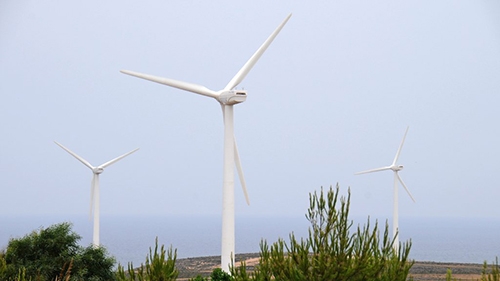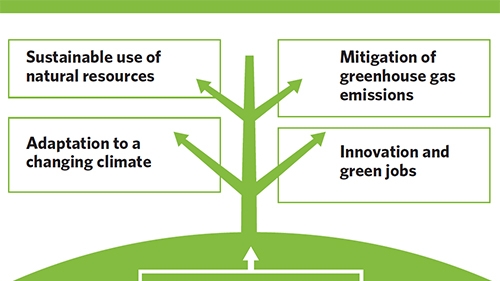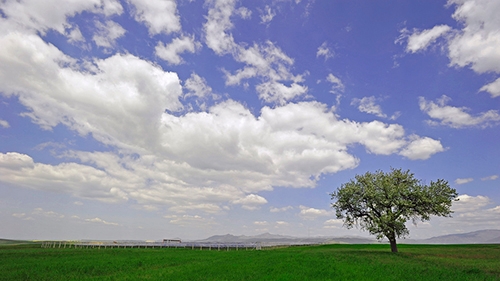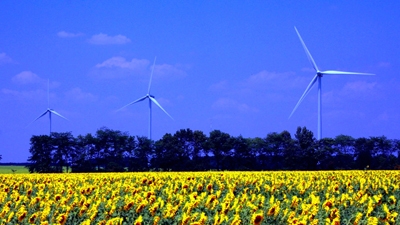
Challenge
The multi-sectoral economic analysis of green growth is an emerging and evolving area of technical expertise that is highly useful for countries as they transition to more socially inclusive and growth-enhancing greener development paths. Whether driven by current or prospective European Union (EU) membership requirements, by international or local political pressures, or by already apparent sustainability challenges (including extreme weather events), many ECA countries need to strengthen their institutional and technical capacity. By bringing in outside experts and exchanging cutting-edge knowledge within the network, EGGPAL provides a forum for ECA countries to accelerate the learn-as-you-go process.
Solution
As a global knowledge broker, the World Bank launched EGGPAL as a regional learning network to enhance technical cooperation among government specialists from the ministries of finance, the economy, and the environment across the ECA region. EGGPAL supports leadership and action on climate change by focusing on the utility of economics tools to generate analysis to better shape strategies. The link between technical models and practical implementation makes EGGPAL an ideal platform to increase the knowledge and operationalization know-how of technical specialists within ECA governments. There are many advocacy groups that raise awareness on green growth and climate action, but EGGPAL aims to share more detailed and practical real-world experience between peers. To supplement face-to-face events, EGGPAL members will have direct access to the tools and models, policies and programs, and implementation frameworks that are in place in other countries through their web-based interactions.
Results
All participants expressed appreciation for the timeliness and technical rigor of the EGGPAL conference, finding the format engaging and the content relevant. The inaugural conference, attended by about 110 government officials and international policy makers, was a successful first step in strengthening the institutional and technical capacity of ECA governments, and in enhancing coordination among the key ministries at both national and regional levels. The green growth issues covered at the conference were broad, ranging from carbon pricing and energy subsidies to green jobs and exports. Other topics included green investments and technologies, and the costs and potential benefits of climate change mitigation. Government officials indicated that the sessions on modeling were particularly useful for the purpose of generating strong analytics and better strategies. The interest and momentum generated by the event was significant, leading to further knowledge-sharing activities on green growth and climate action in the region. EGGPAL will launch its website and host its second conference in spring 2014, to continue facilitating the development and application of the multi-sectoral economic analysis of green growth within this peer network.



